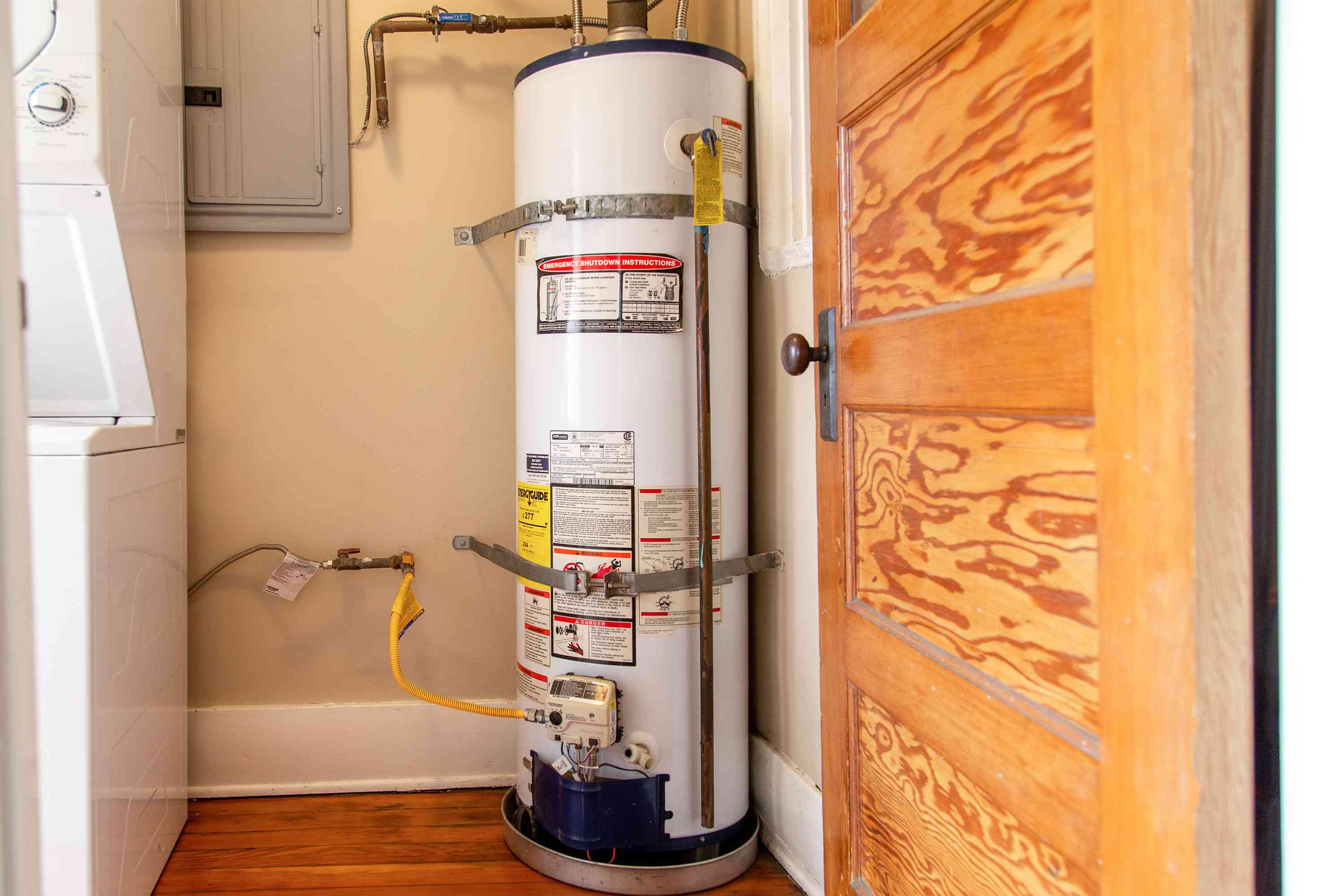

Articles
How Much Is It To Replace A Water Heater
Modified: February 22, 2024
Looking for articles on how much it costs to replace a water heater? Browse our informative guides and get an idea of the average prices for this essential home appliance.
(Many of the links in this article redirect to a specific reviewed product. Your purchase of these products through affiliate links helps to generate commission for Storables.com, at no extra cost. Learn more)
Introduction
When it comes to household appliances, the water heater is undoubtedly one of the most crucial. It ensures that hot water is readily available for daily activities such as bathing, washing dishes, and laundry. However, like all appliances, water heaters have a lifespan, and eventually, they may need to be replaced.
Replacing a water heater is not a task that homeowners undertake frequently, so it is natural to have questions about the process and the associated costs. In this article, we will delve into the factors that affect the cost of water heater replacement, the different types of water heaters available, and the average cost you can expect to incur.
Understanding these details will not only help you make an informed decision about your water heater replacement but also enable you to budget for the project accordingly. So, let’s dive in and explore the world of water heater replacement!
Key Takeaways:
- Understanding the factors that influence the cost of water heater replacement, such as type, size, and location, is crucial for making informed decisions and budgeting effectively for this essential household upgrade.
- Whether considering DIY installation or hiring a professional, prioritizing safety and proper installation is paramount for a successful water heater replacement. Careful planning and consideration of additional costs will ensure a hassle-free process.
Read more: How To Replace An Electric Water Heater
Factors Affecting the Cost of Water Heater Replacement
Several factors can influence the cost of replacing a water heater. Understanding these factors will give you a clearer idea of why prices may vary and how you can make cost-effective choices. Let’s take a look at some of the key factors:
- Type of water heater: The type of water heater you choose will impact the overall cost of replacement. Common types include storage tank water heaters, tankless water heaters, heat pump water heaters, and solar water heaters. Each type has its own installation requirements and cost considerations.
- Size and capacity: The size and capacity of the water heater are determined by factors such as the number of bathrooms in your home, the number of occupants, and your hot water usage patterns. Larger water heaters with greater capacity will typically cost more than smaller ones.
- Energy efficiency: Energy-efficient water heaters may have a higher upfront cost but can result in significant long-term savings on energy bills. It’s important to consider the energy efficiency rating of the water heater and weigh the initial cost against potential savings over time.
- Location: The cost of water heater replacement can vary depending on your location. Factors such as local labor rates, building permits, and the difficulty of installation can all impact the overall cost.
- Additional features: Some water heaters come with additional features, such as digital controls, advanced safety features, or smart technology integration. These added features can increase the cost of the unit.
- Removal and disposal: If you are replacing an old water heater, there may be costs associated with removing and disposing of the old unit. These costs can depend on local regulations and the size of the water heater.
- Professional installation: While it is possible to install a water heater yourself, hiring a professional for installation ensures that the job is done correctly and safely. The cost of professional installation can vary depending on the complexity of the installation and the labor rates in your area.
Keep in mind that these factors are interdependent, and the final cost will be influenced by a combination of these variables. It’s essential to carefully evaluate each factor and choose the best options that align with your budget and requirements.
Types of Water Heaters
When it comes to choosing a replacement water heater, you have several options to consider. Understanding the different types of water heaters available can help you make an informed decision based on your specific needs and preferences. Let’s explore some of the most common types:
- Storage Tank Water Heaters: This is the most common type of water heater found in households. These tanks store and heat a set amount of water, providing a ready supply of hot water. They are available in various sizes and typically use gas or electricity as a fuel source. Storage tank water heaters are an economical choice, but they may have higher energy consumption.
- Tankless Water Heaters: Also known as on-demand water heaters, tankless water heaters provide hot water only when needed. They heat water as it passes through the unit, eliminating the need for a storage tank. Tankless water heaters are compact, energy-efficient, and provide an endless supply of hot water. However, they can have a higher upfront cost compared to storage tank models.
- Heat Pump Water Heaters: Heat pump water heaters are electrical devices that extract heat from the air or the ground to heat the water. They are highly energy-efficient, as they transfer heat rather than generate it. While heat pump water heaters have a higher initial cost, the energy savings can offset the expense over time.
- Solar Water Heaters: Solar water heaters harness the power of sunlight to heat the water. They consist of solar panels that capture the energy from the sun and transfer it to the water. Solar water heaters can significantly reduce energy costs and have a positive environmental impact. However, their effectiveness depends on the availability of sunlight in your location.
Each type of water heater has its own advantages and considerations. It’s important to evaluate factors such as energy efficiency, availability of fuel source, installation requirements, and upfront costs. By understanding the different types, you can choose the water heater that best suits your needs and budget.
Average Cost of Replacing a Water Heater
The cost of replacing a water heater can vary depending on factors such as the type of water heater, size, energy efficiency, and location. While it is essential to consider these variables, having a ballpark figure can help you plan and budget for the replacement. Here’s a breakdown of the average costs:
1. Storage Tank Water Heaters: On average, the cost of replacing a storage tank water heater ranges from $800 to $1,500, including installation. This cost can vary depending on the size and capacity of the unit, as well as the complexity of the installation.
2. Tankless Water Heaters: The average cost of replacing a tankless water heater is higher compared to storage tank models. Generally, you can expect to pay anywhere from $1,500 to $3,000, including installation. However, it’s important to note that tankless water heaters offer long-term energy savings that can offset the higher upfront cost.
3. Heat Pump Water Heaters: Heat pump water heaters are known for their high energy efficiency and cost-effectiveness in the long run. The average cost of replacing a heat pump water heater ranges from $1,500 to $3,500, including installation. The initial investment may be higher, but the energy savings can lead to significant long-term cost reductions.
4. Solar Water Heaters: The cost of replacing a solar water heater can vary depending on various factors, including the size of the system, the number of solar panels required, and the complexity of the installation. On average, the cost can range from $4,000 to $8,000 or more, including installation. However, it’s important to consider the potential energy savings and incentives offered for solar systems.
Keep in mind that these are average costs and can vary based on your specific requirements and location. It is recommended to obtain multiple quotes from reputable contractors to get an accurate estimate of the cost for your water heater replacement.
Additionally, it’s worth considering the warranty and maintenance costs associated with the new water heater. While a higher-priced unit may come with a longer warranty, it’s important to factor in any maintenance or service costs that may arise in the future.
By understanding the average cost range, you can make an informed decision and ensure that you allocate the necessary funds for your water heater replacement project.
Regular maintenance can extend the life of your water heater, but if it needs replacement, the cost can range from $800 to $1500 for a traditional tank water heater, and $1500 to $2500 for a tankless water heater.
Additional Costs to Consider
When budgeting for a water heater replacement, it’s important to consider not only the cost of the unit itself but also any additional expenses that may arise during the installation process. Here are some additional costs to keep in mind:
- Permits and Codes: Depending on your location, there may be permit fees and code compliance requirements that need to be met. These costs can vary, so it’s essential to research the specific regulations in your area and budget accordingly.
- Piping and Venting: The installation of a new water heater may require updates or modifications to the existing plumbing or venting system. If the new unit requires different piping or venting, there may be additional costs involved to ensure proper installation.
- Electrical Upgrades: If you are installing an electric water heater or if the existing electrical system needs to be upgraded to accommodate the new unit, it may result in additional expenses. This can include hiring an electrician to make the necessary changes or upgrades.
- Disposal of Old Unit: If you are replacing an existing water heater, you will need to properly dispose of the old unit. Depending on local regulations and services available in your area, there may be costs associated with disposing of the old water heater.
- Extended Warranty: While most water heaters come with a standard manufacturer’s warranty, you may have the option to purchase an extended warranty for additional coverage. Consider the cost of an extended warranty and weigh it against the potential benefits and peace of mind it offers.
- Maintenance and Service: Over time, your water heater may require routine maintenance or repairs. It’s essential to budget for these ongoing costs to ensure the longevity and optimal performance of your new unit. Consider signing up for a maintenance plan or setting aside funds for any future servicing needs.
These additional costs can vary depending on your specific situation and location. It’s crucial to consult with a professional installation technician to get a detailed estimate that includes any potential additional expenses. This will help you have a comprehensive understanding of the total cost of your water heater replacement project.
Read more: How To Replace A Gas Water Heater
DIY vs. Professional Installation
One important consideration when replacing a water heater is whether to tackle the installation yourself or hire a professional for the job. While a DIY approach may seem appealing to save money, it’s crucial to understand the risks and benefits associated with both options. Let’s explore the pros and cons of DIY and professional installation:
DIY Installation:
Pros:
- Cost Savings: By installing the water heater yourself, you can potentially save on labor costs associated with professional installation.
- Familiarity with the System: If you have experience or knowledge in plumbing or electrical work, you may feel confident in handling the installation process.
- Flexibility: DIY installation allows you to work at your own pace and schedule.
Cons:
- Safety Concerns: Installation errors can lead to safety hazards, such as gas leaks or electrical malfunctions. Improper installation may also void manufacturer warranties.
- Lack of Expertise: Unless you have adequate experience and knowledge, you may encounter challenges or make mistakes during the installation process.
- Time and Effort: Installing a water heater can be a time-consuming process, requiring proper tools, research, and troubleshooting.
Professional Installation:
Pros:
- Expertise and Experience: Professional installation technicians have the necessary skills and knowledge to ensure a safe and efficient installation.
- Save Time and Effort: Hiring professionals eliminates the need for you to spend time learning and performing the installation yourself.
- Warranty Protection: Professional installation often comes with warranties or guarantees, providing peace of mind in case of any issues or failures.
Cons:
- Higher Cost: Hiring professionals for installation will involve additional labor costs, which can increase the overall expense of the project.
- Less Control: With professional installation, you may have less control over the timeline and process, as it relies on the availability of the technicians.
Ultimately, the decision of DIY or professional installation depends on your comfort level, experience, and the complexity of the installation. If you have the necessary skills and knowledge, and you are confident in your ability to safely install the water heater, DIY may be a viable option. However, if you are unsure or want to ensure a hassle-free installation, it is highly recommended to hire a professional for the job.
Remember, the safety and performance of your water heater are paramount. It’s crucial to prioritize proper installation to avoid any potential hazards or costly mistakes down the line.
Steps Involved in Replacing a Water Heater
Replacing a water heater involves several steps to ensure a smooth and successful installation. While the specific process may vary depending on the type of water heater and your location, here is a general outline of the steps involved:
- Preparation: Before starting the installation process, gather all the necessary tools and materials. This includes the new water heater, any required piping or venting components, and any installation manuals or guidelines provided by the manufacturer.
- Safety Precautions: Prioritize safety throughout the installation process. Turn off the power supply or gas source to the existing water heater, and shut off the water supply to prevent any accidents or leaks during the removal process.
- Drain the Water: Connect a hose to the drain valve of the old water heater and run it to a suitable drain or outside area. Turn on a hot water tap in your home to begin draining the remaining water from the tank.
- Disconnect the Old Unit: Once the water has drained, disconnect the water supply line and any other connections such as the gas line or electrical wiring. Carefully remove the old water heater from its current location.
- Prepare the New Unit: Position the new water heater in a suitable location, ensuring it meets any installation guidelines regarding clearances and access. Install any necessary fittings or connections according to the manufacturer’s instructions.
- Connect Water Supply: Attach the water supply line to the cold water inlet on the new water heater. Use appropriate plumbing techniques, such as using thread seal tape or pipe joint compound, to ensure a secure and watertight connection.
- Connect Other Connections: If applicable, connect the gas line or electrical wiring to the new water heater, following all safety guidelines and local codes. Seek professional assistance if you are uncertain about these connections.
- Fill and Test: Open a hot water tap in your home to allow the water heater to fill. Once the tank is filled, turn on the power supply or gas valve and follow the manufacturer’s instructions to ignite the pilot light or activate the heating elements.
- Check for Leaks: Carefully inspect all connections for any signs of leaks. Use a soapy water solution to check for gas leaks, and visually inspect the water connections for any drips or moisture.
- Finalize Installation: Once you are confident that the new water heater is installed correctly and there are no leaks, secure any insulation or covers provided with the unit. Double-check that the temperature and pressure relief valve is functioning properly.
It’s important to note that these steps are provided as a general guideline and may vary based on the specific requirements of your water heater and local codes. If you are unsure about any aspect of the installation, it is highly recommended to seek professional assistance to ensure a safe and proper installation.
By following these steps and taking the necessary precautions, you can replace your water heater with confidence and enjoy a reliable and efficient source of hot water in your home.
Conclusion
Replacing a water heater is a significant project that requires careful consideration and planning. Understanding the various factors that can affect the cost, the different types of water heaters available, and the steps involved in the replacement process is essential for making informed decisions and ensuring a successful installation.
When budgeting for a water heater replacement, take into account the type of water heater you want, its size and capacity, energy efficiency, and any additional costs such as permits, piping, and disposal of the old unit. It’s also important to weigh the advantages and disadvantages of DIY installation versus hiring a professional.
Once you have selected a new water heater and decided on the installation method, follow the necessary steps outlined in the installation process. Pay attention to safety precautions, carefully disconnect the old water heater, prepare the new unit, and ensure proper connections are made. Finally, test for any leaks and verify that the water heater is functioning correctly before finalizing the installation.
Remember, if you are unsure about any aspect of the installation process or if you encounter any difficulties, it’s always recommended to seek professional assistance. The expertise and experience of a qualified technician can ensure a safe and efficient replacement of your water heater.
By considering all these factors and following the necessary steps, you can successfully replace your water heater and enjoy the benefits of a reliable and efficient hot water supply in your home. Prioritize safety, budget wisely, and make informed choices to ensure a hassle-free water heater replacement that meets your needs and requirements.
Frequently Asked Questions about How Much Is It To Replace A Water Heater
Was this page helpful?
At Storables.com, we guarantee accurate and reliable information. Our content, validated by Expert Board Contributors, is crafted following stringent Editorial Policies. We're committed to providing you with well-researched, expert-backed insights for all your informational needs.
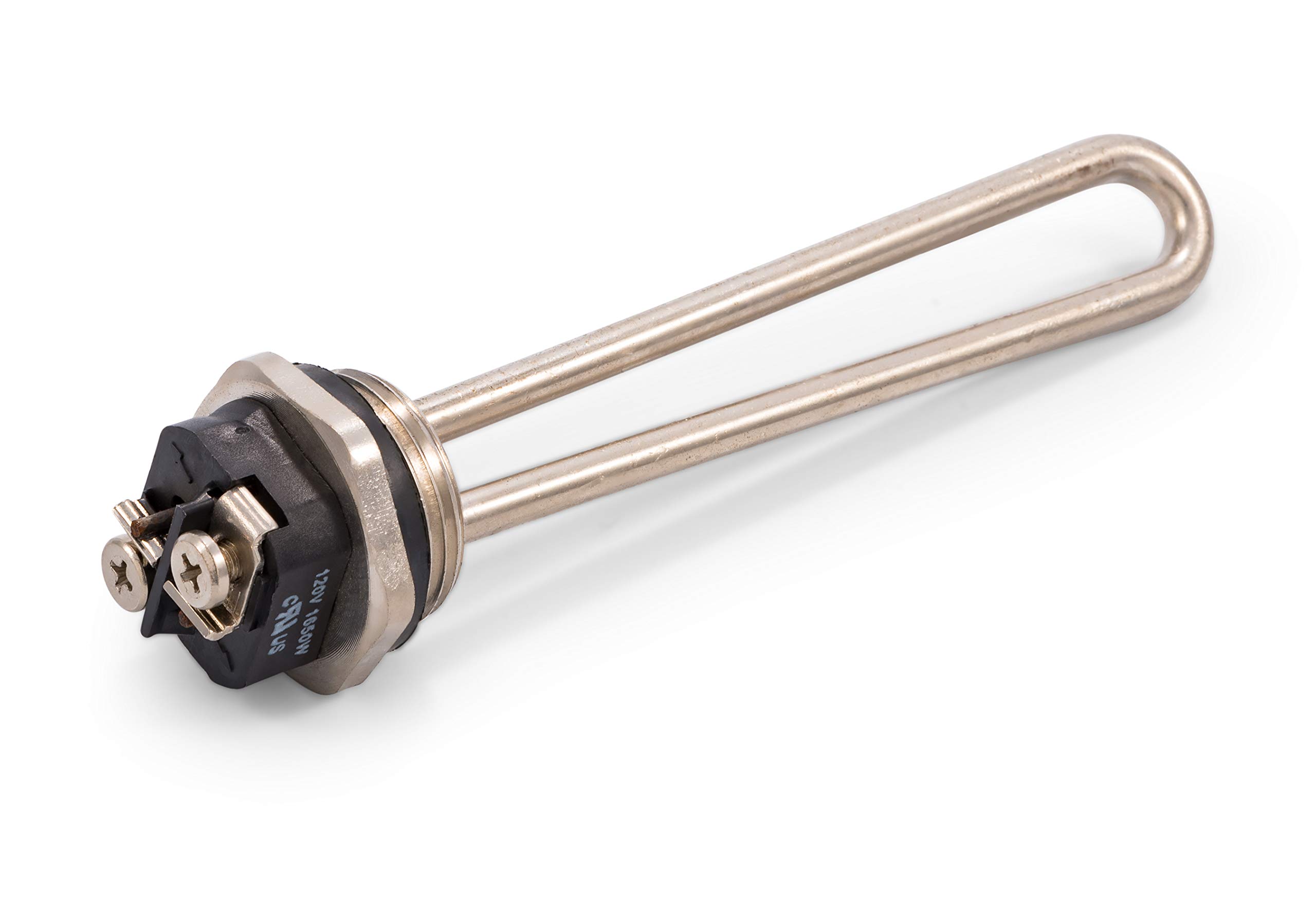
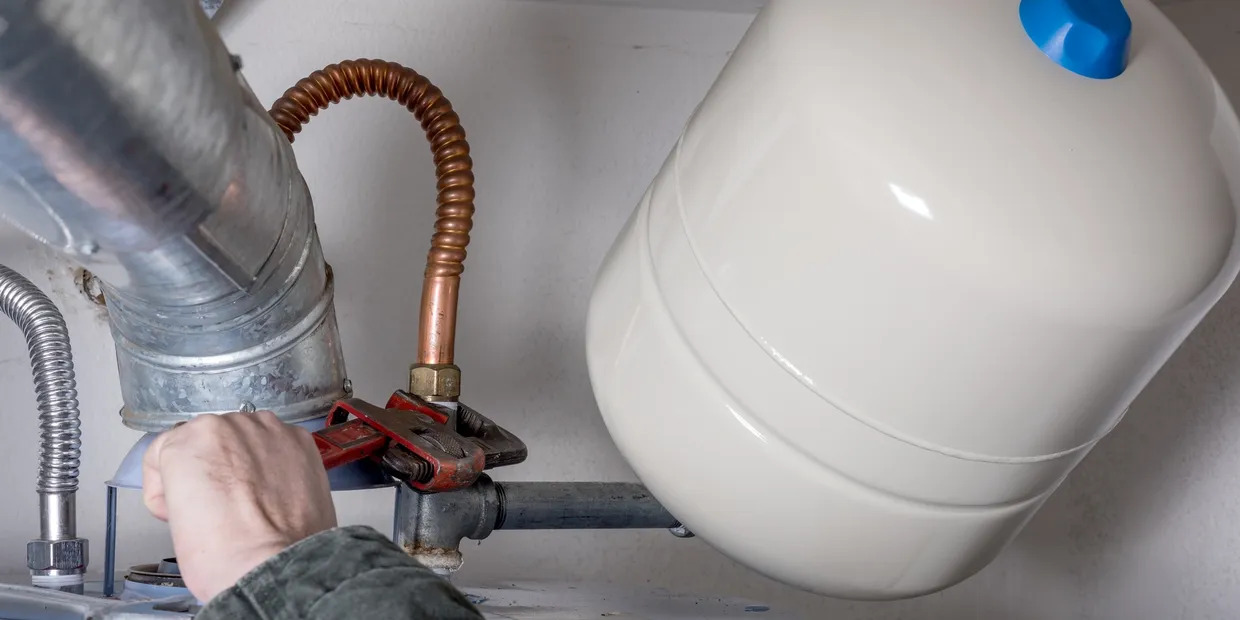
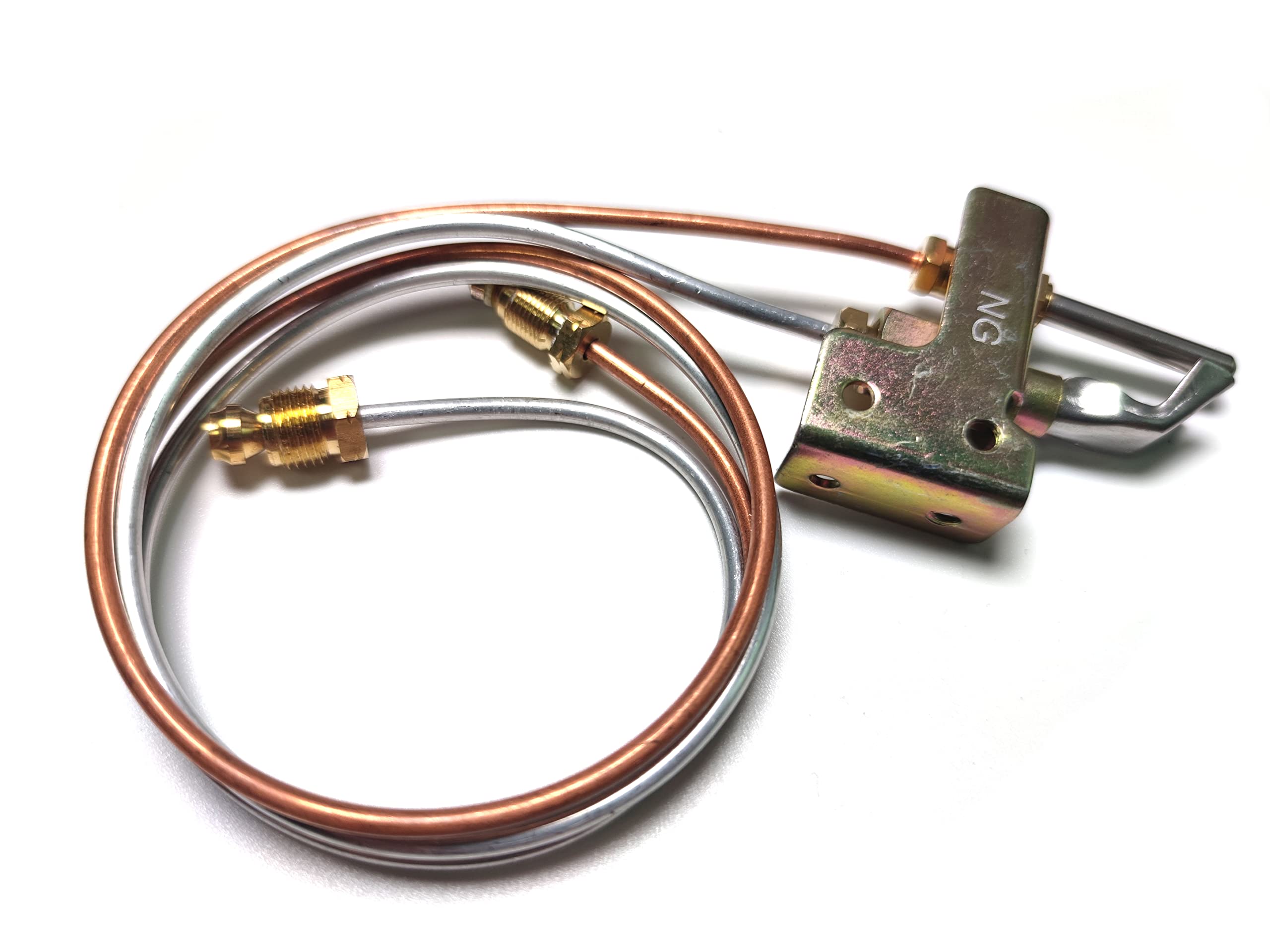
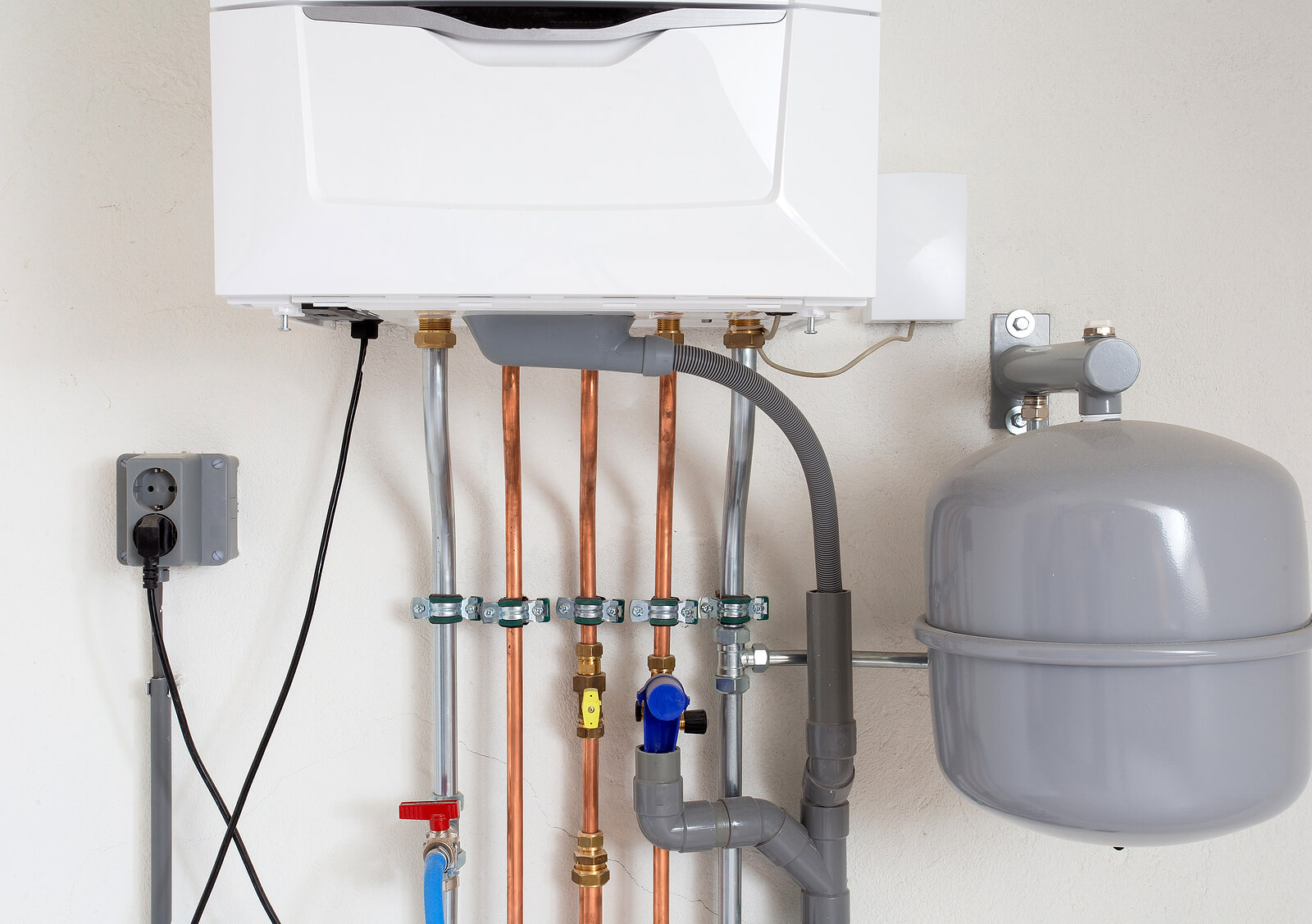
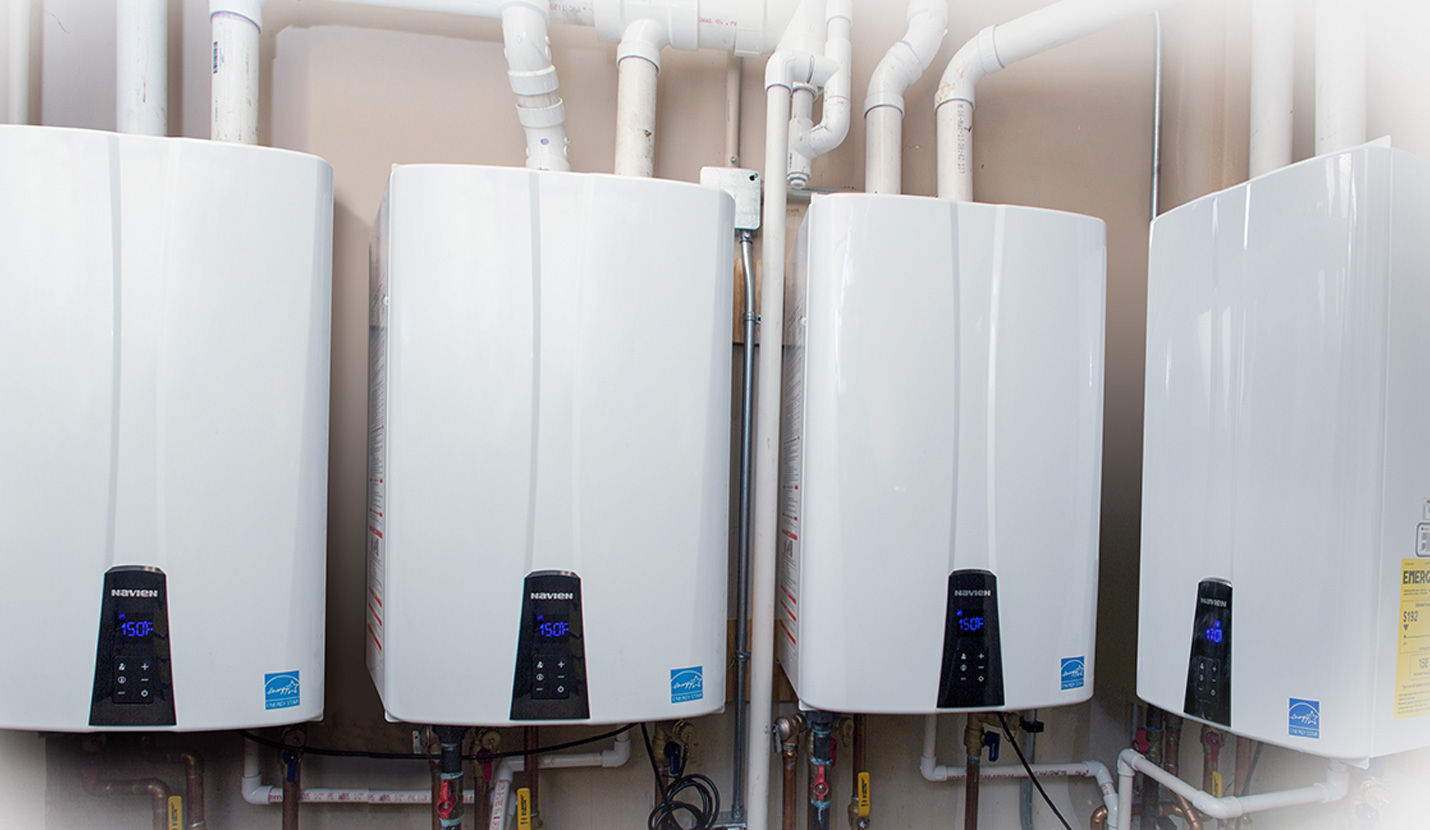
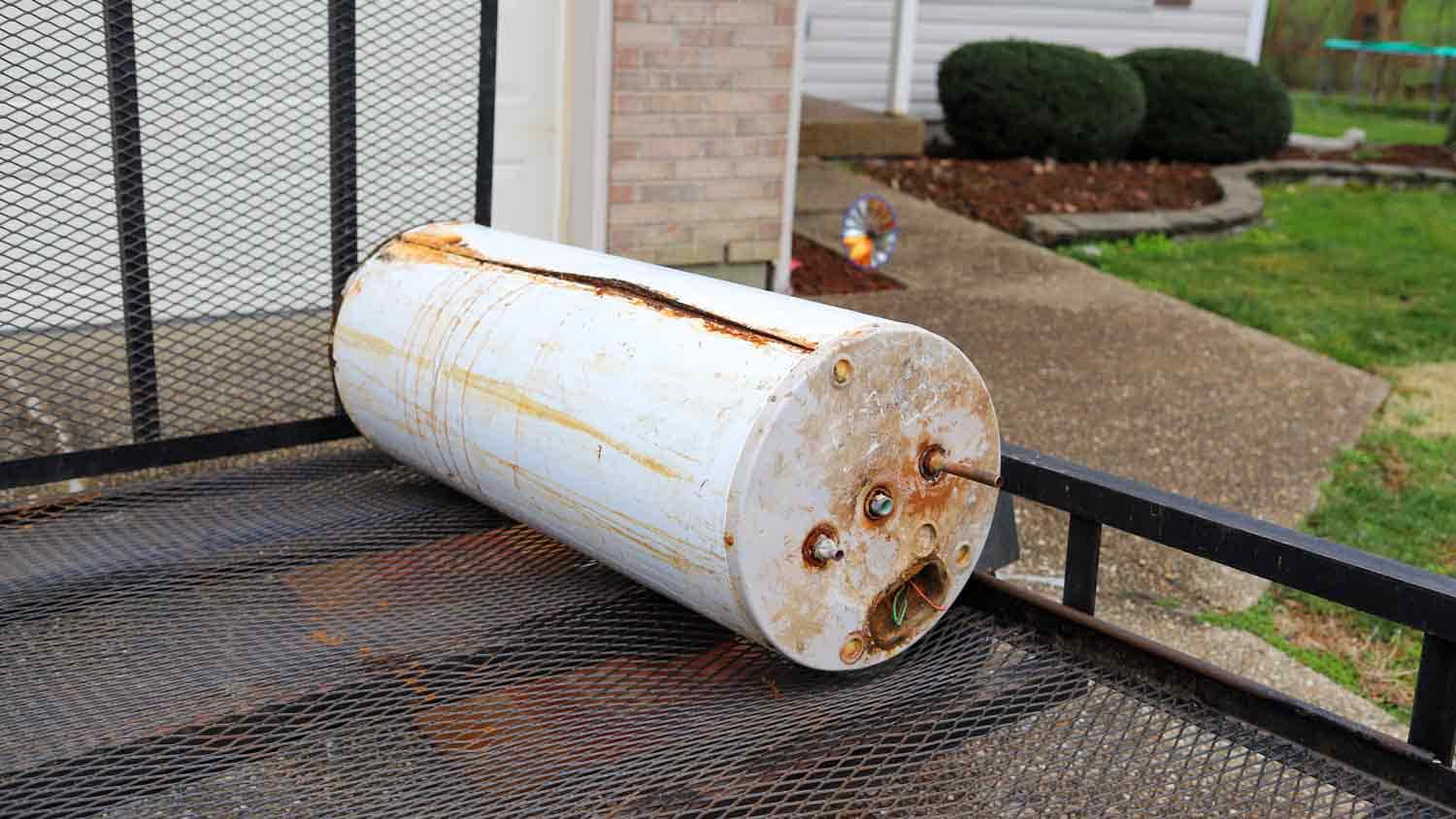
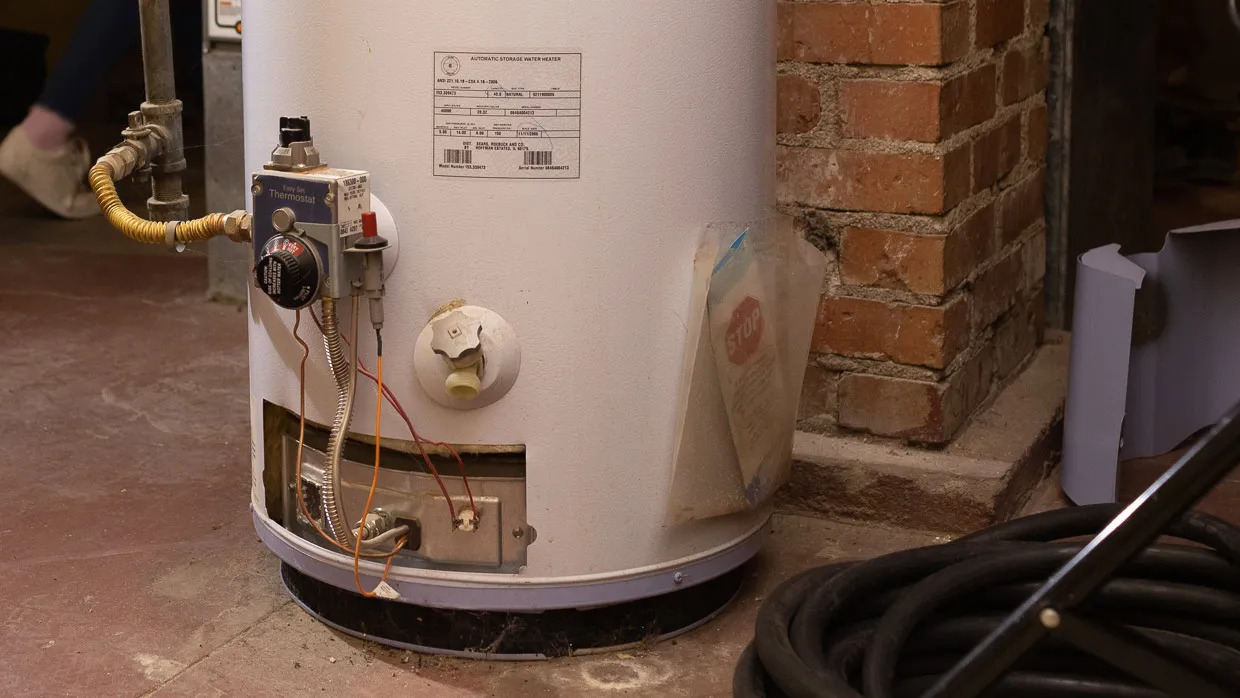
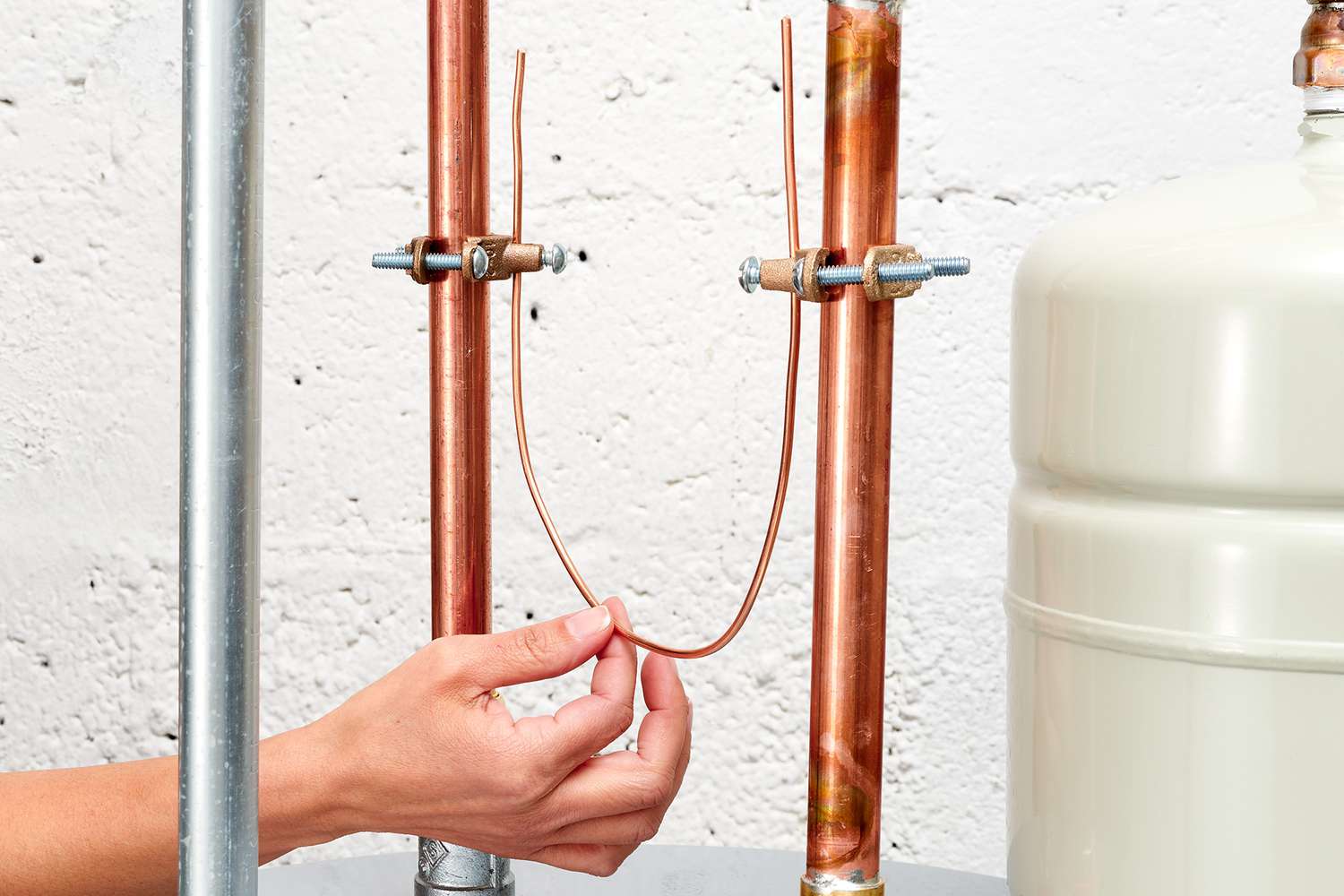
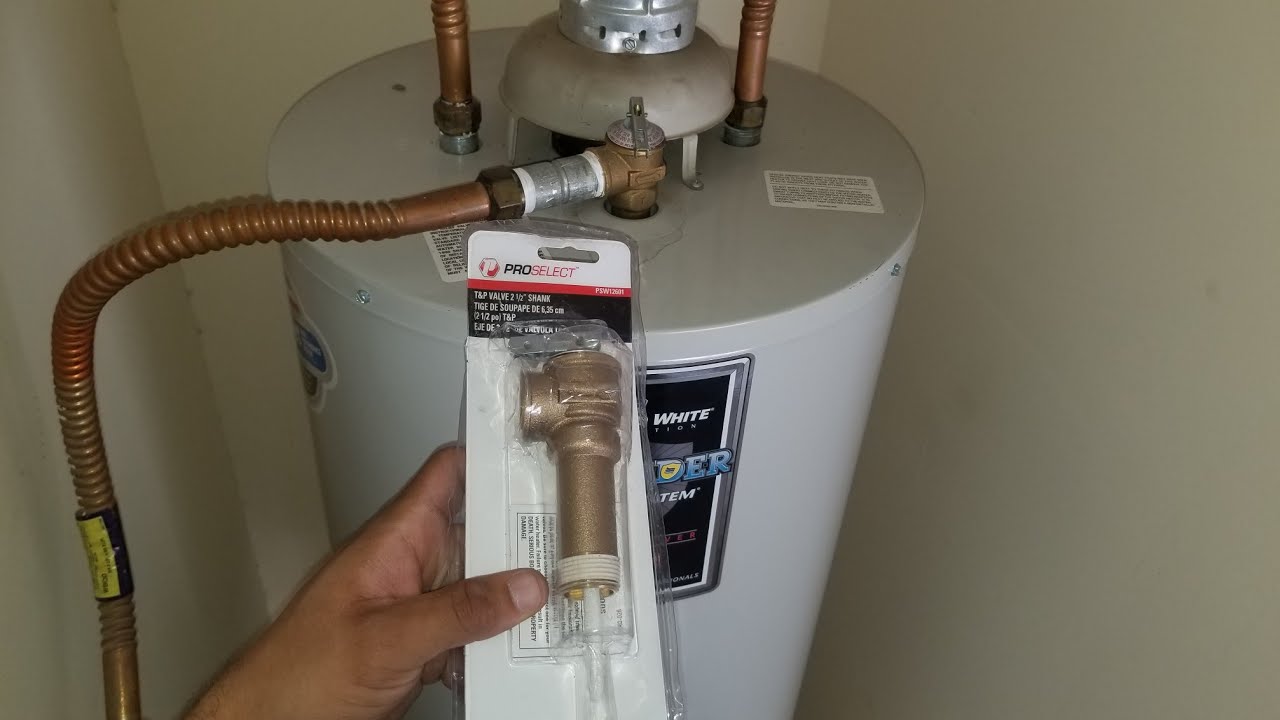
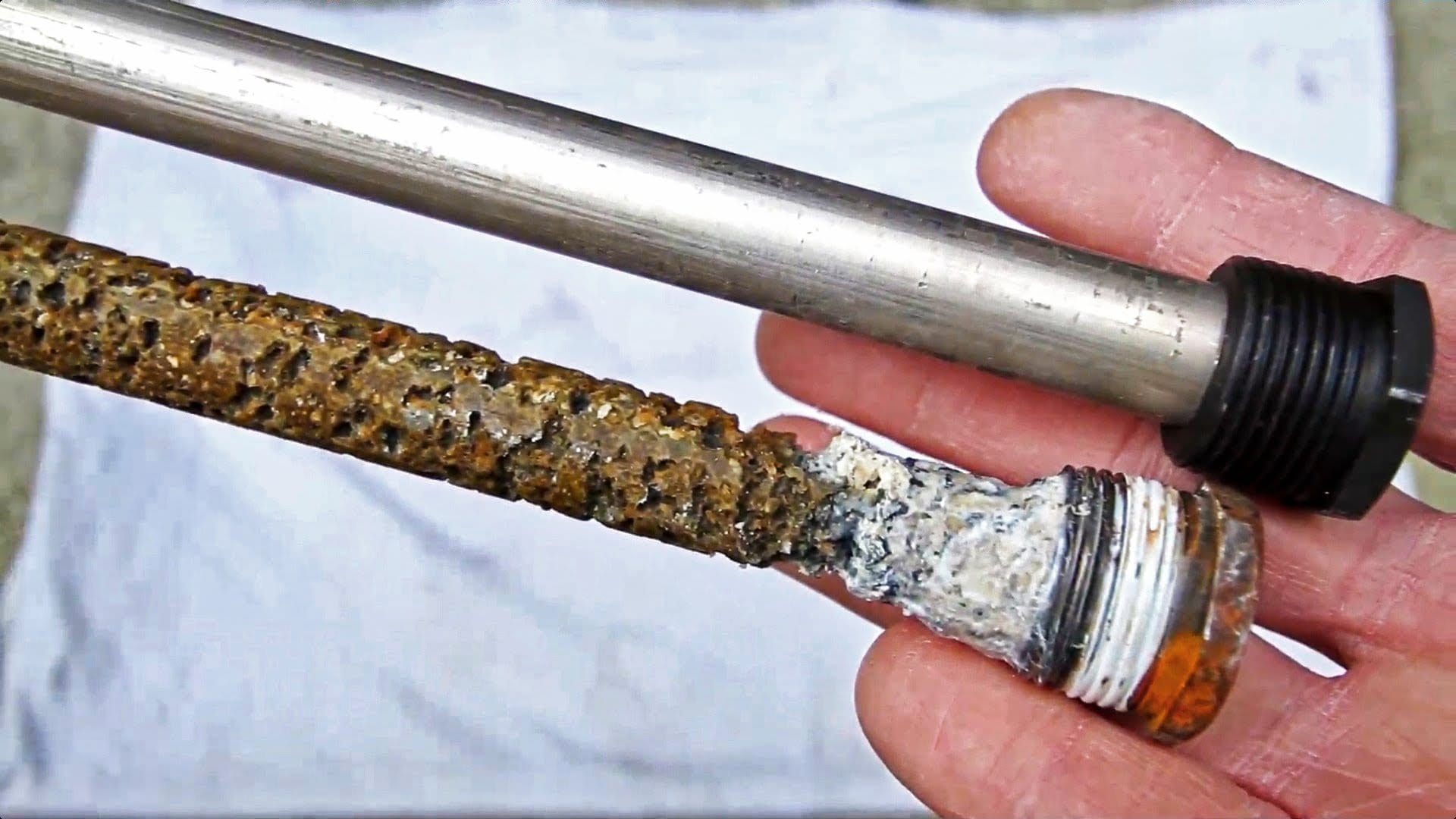
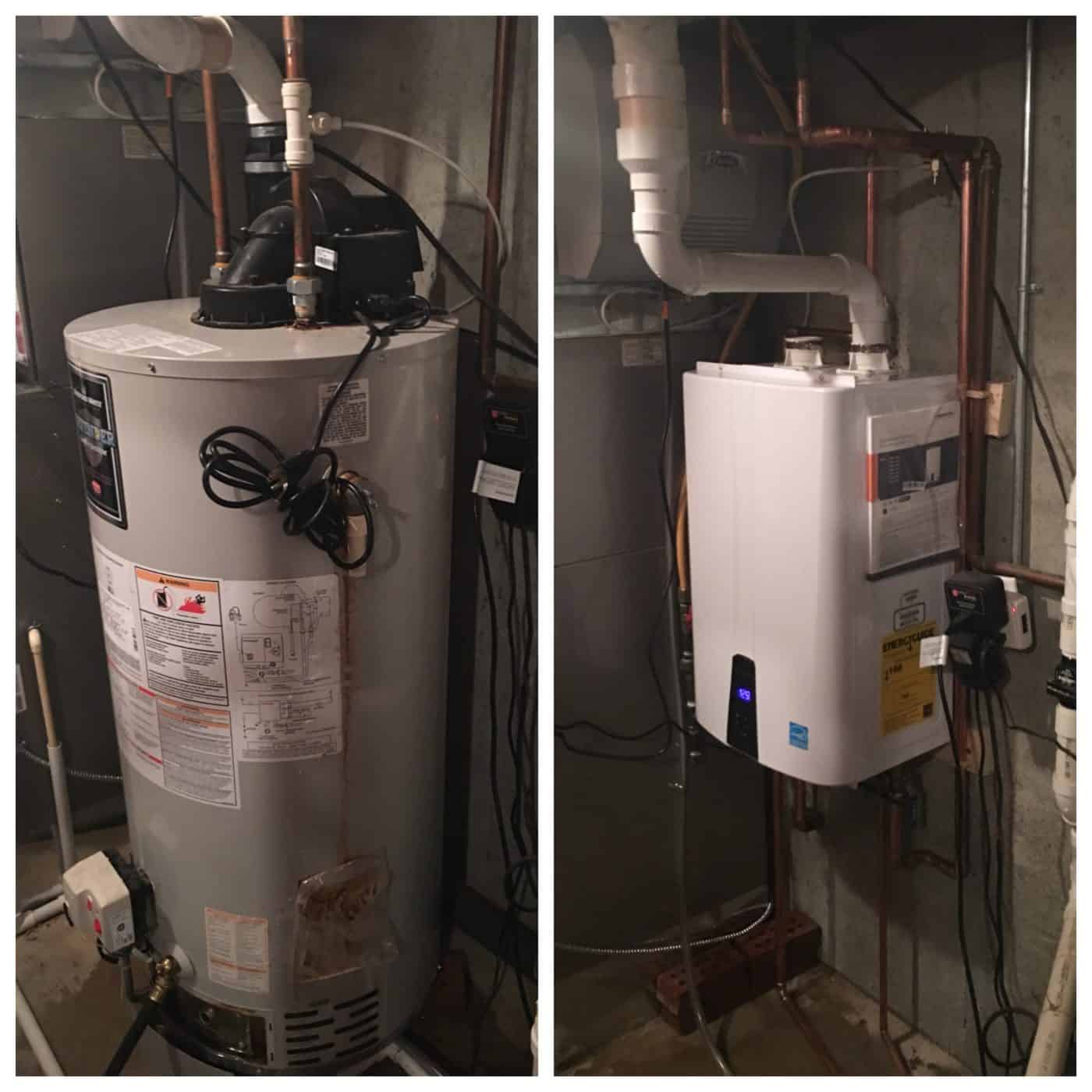
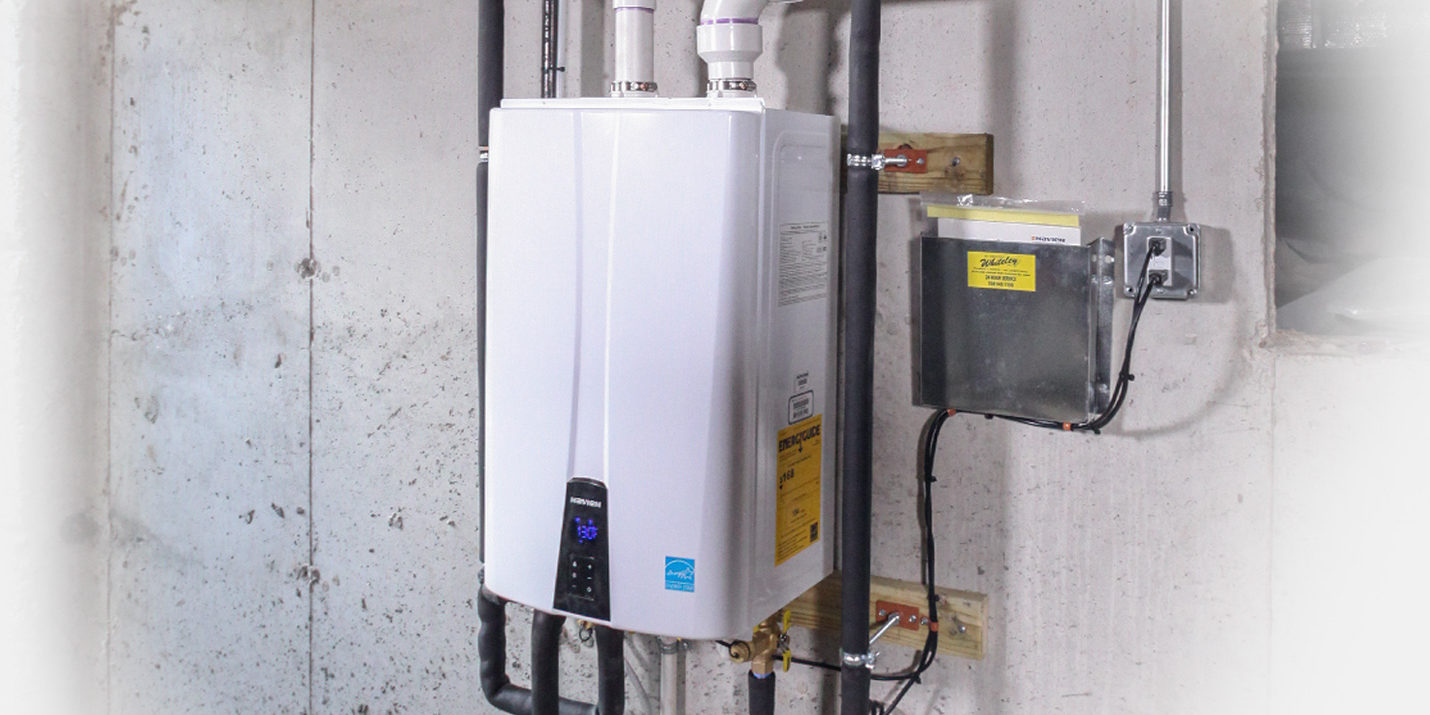
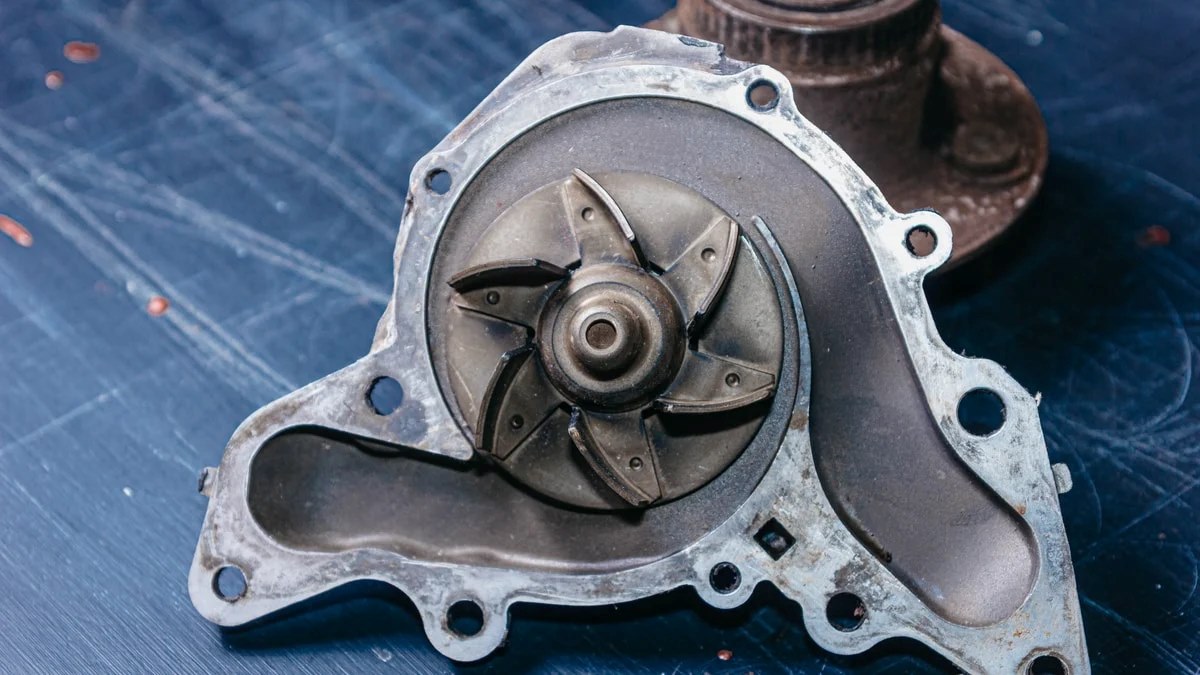
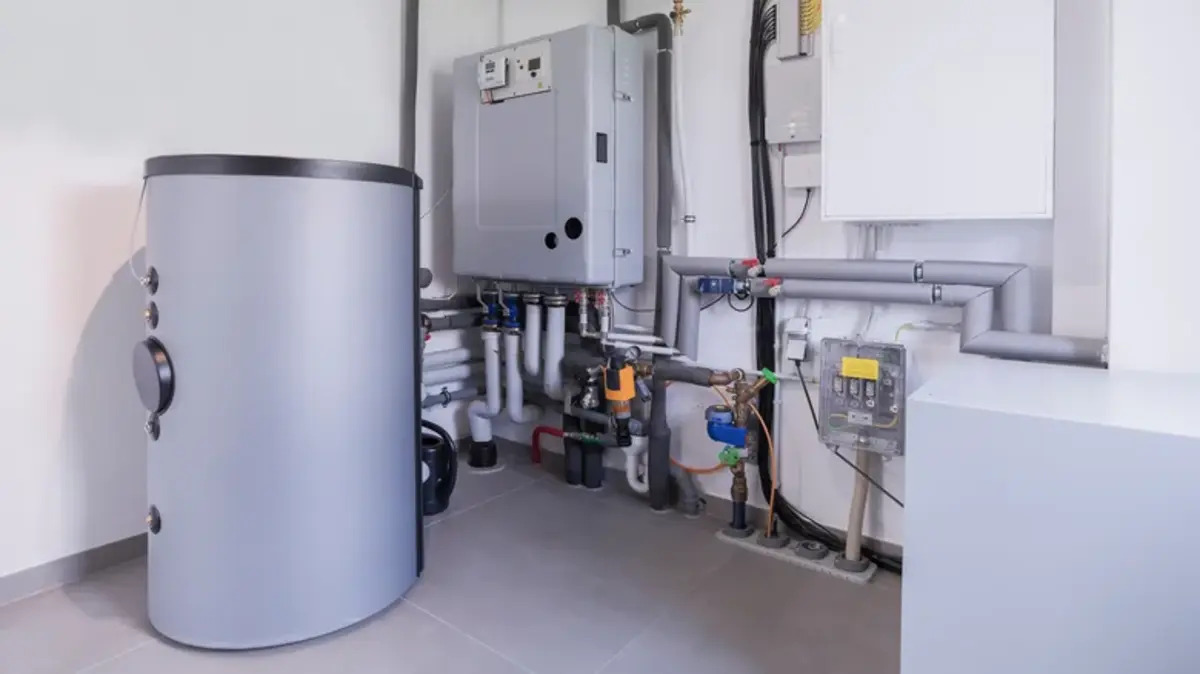

0 thoughts on “How Much Is It To Replace A Water Heater”